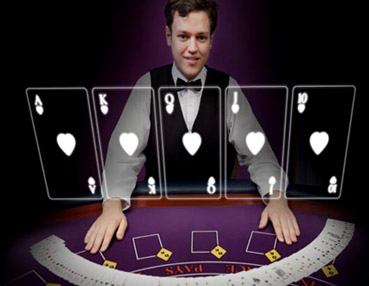The legal status of online casinos in São Tomé and Príncipe operates within a framework that lacks specific legislation addressing digital gambling activities. Under the country's Constitution of 2003, the National Assembly holds exclusive legislative authority over various matters, including the organization of judicial systems and the definition of crimes and penalties (1). However, there is no dedicated gambling law or regulatory authority specifically governing online casino operations in the small island nation.
São Tomé and Príncipe's legal system is based on Portuguese civil law traditions and follows a mixed economy principle, as established in its constitutional framework (2). The Constitution provides for the coexistence of public, cooperative, and private property ownership, which theoretically allows for private gaming enterprises. However, without specific regulatory provisions for online gambling, the sector remains largely unregulated and operates without formal government oversight or licensing requirements.
"The economic organization of São Tomé and Príncipe rests on the principle of a mixed economy, having in view national independence, development, and social justice."
In the absence of dedicated online casino legislation, residents of São Tomé and Príncipe typically access offshore gambling platforms that are licensed in other jurisdictions (1). The Constitution guarantees fundamental rights including freedom of expression and private property ownership, which may provide some legal foundation for accessing international online gambling services. However, players should exercise caution when engaging with unlicensed operators, as the lack of local regulatory oversight means limited consumer protection and no legal recourse for disputes within the domestic legal system.
Source:
https://www.constituteproject.org/constitution/Sao_Tome_and_Principe_2003
https://www.wipo.int/wipolex/en/legislation/details/5830
Last updated: 18-09-2025 Disclaimer: This article does not provide legal advice. If you need legal advice, please contact an attorney directly.
